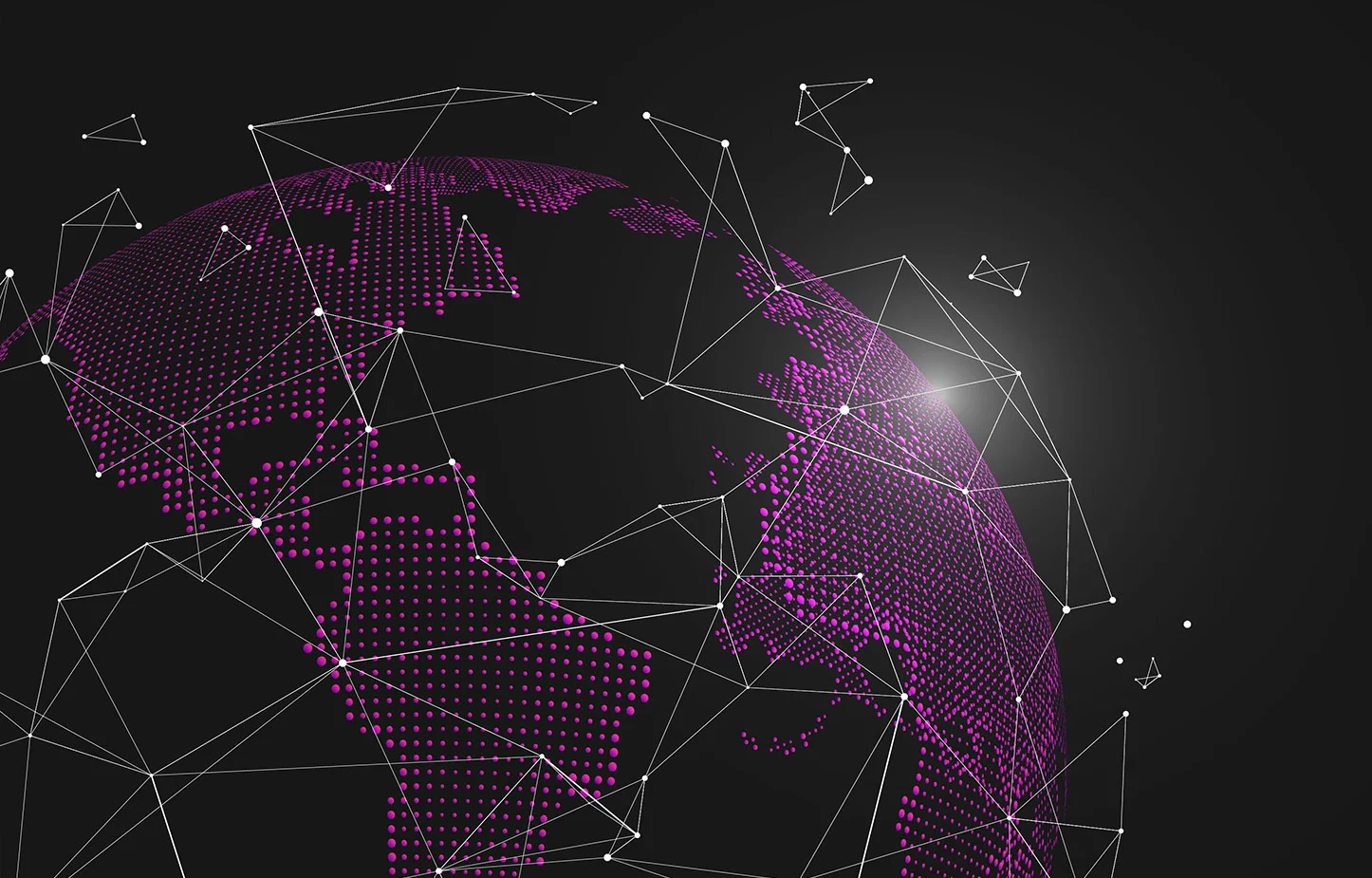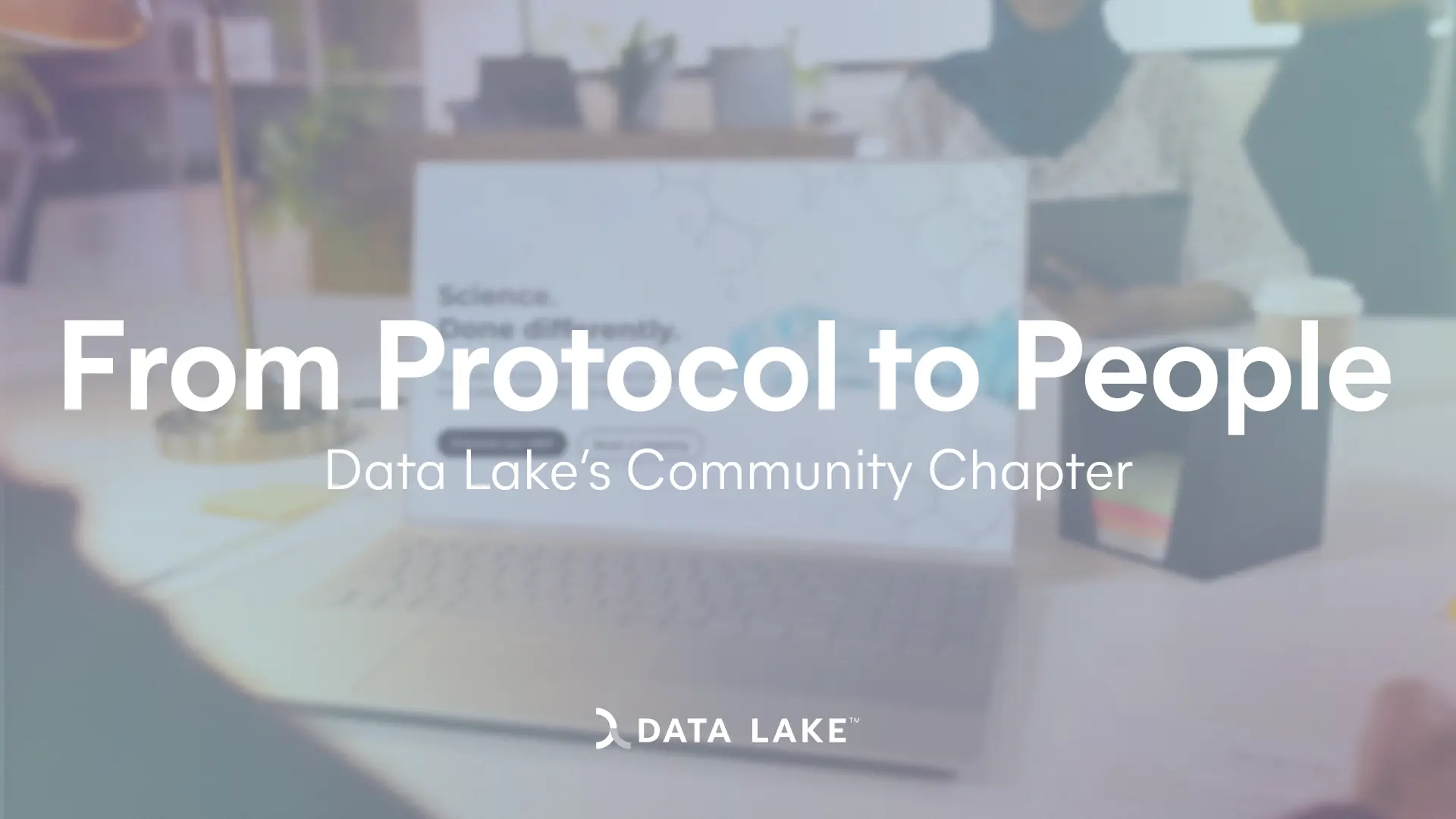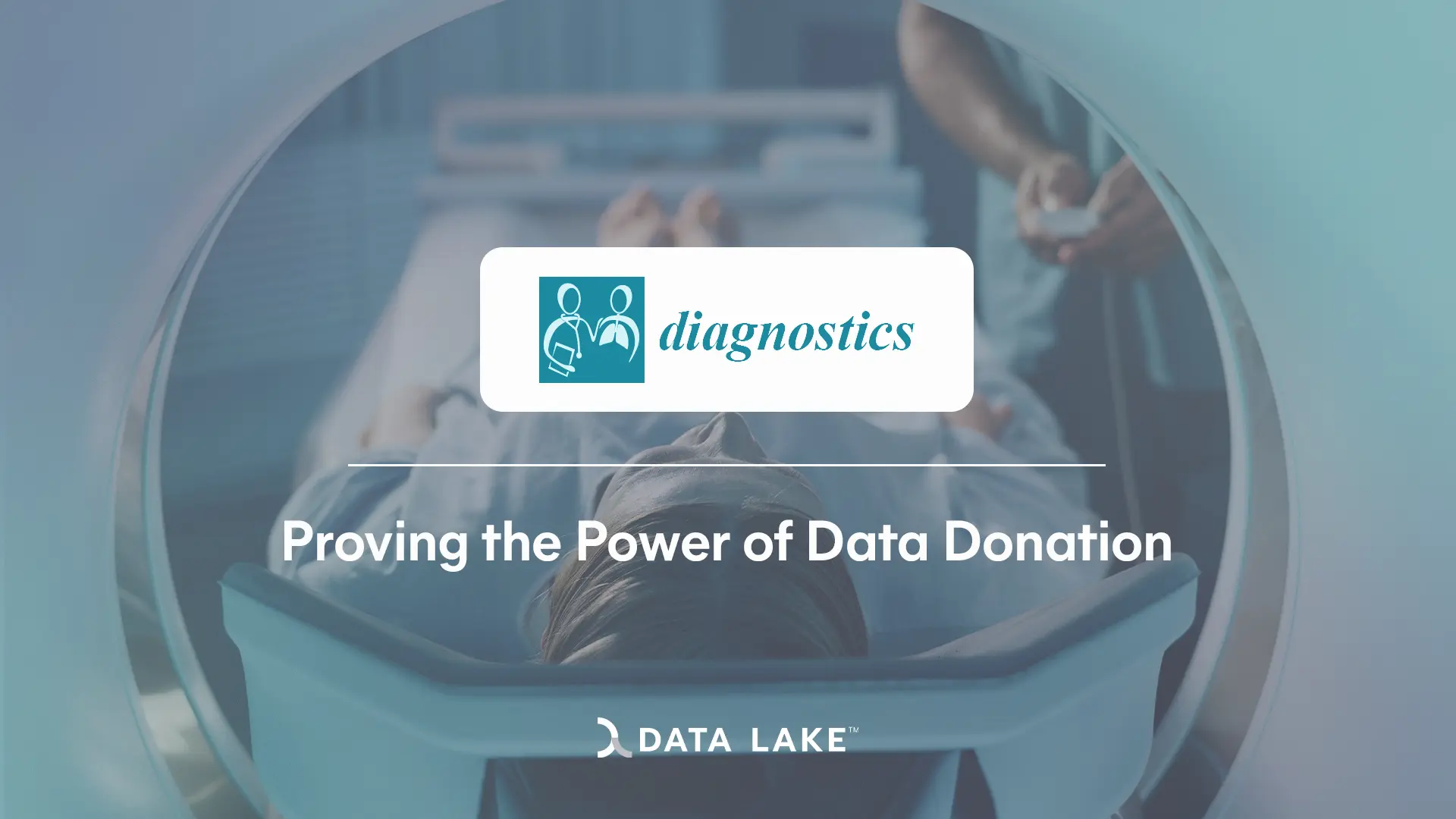At Data Lake, we’re leveraging the power of the blockchain in order to create a secure and transparent medical data donation system. But what is the blockchain? And what makes it the ideal technology for the system we are building? Let’s start from the beginning.
What is the blockchain
The blockchain is a database structured in the form of a chain of blocks, each of which contains a set of information.
You may be asking yourself – what is a database? A database is a place where information is stored in an electronic format and in a defined structure. Users can then search and filter this data to find exactly what they are looking for. However, not all databases work the same way. Some are stored centrally, while others such as public blockchain databases are distributed in a decentralized manner.
In the case of centralized databases, the authority in control has the power to potentially manipulate the data and restrict public access to it.
In contrast, public blockchain databases, such as those of Bitcoin, Ethereum and Polygon, are stored on the devices of anyone who wants to participate in the network. On the blockchain, stored data cannot be modified as it is added through the creation and addition of new blocks. These blocks are bound to respect the history of the sequence of previous blocks through mathematical functions that are extremely difficult, if not impossible, to compromise.
In particular, public blockchains make use of peer-to-peer (p2p) networks. Members of this type of network do not need to know or trust each other to hold a copy of the same blockchain ledger. This decentralization eliminates the need to trust a central authority while protecting the blockchain from hacking attempts. In fact, if a hacker tried to alter the blockchain, they would only alter their own copy. This new altered copy would not match the copies stored on the other computers in the network, so the error would be easily discovered.
Advantages of public blockchain databases
-
Increased security: in a public blockchain, data is stored in distributed copies across a peer-to-peer network, rather than in a centralized location. When new blocks are added to the blockchain, the computers on the network must validate their legitimacy. This element, combined with the inherent security of blockchain technology, provides a higher level of security than many other types of database.
-
Increased accuracy: in a blockchain, human involvement in transaction verification is minimal. Instead, it is up to computer to mathematically validate the new information entered. This results in fewer errors as well as greater accuracy and objectivity than other data storage methods.
-
Continuous access. A central entity that has to process new information for its database usually only operates during limited business hours. A blockchain has no such restrictions, as information can be broadcasted and added to the blockchain 24 hours a day and 7 days a week.
-
More privacy paired with transparency. Most blockchains have a public ledger, meaning that any information contained is public. However, what is displayed in the blockchain are just pseudonymous long strings of numbers and letters called hashes, that do not contain any identifiable information that would tie the users to its associated wallet.
Data Lake and Blockchain
As we shared in our article “What is Data Lake“, we are creating an alternative to the current system (or lack thereof) in which citizens don’t have control over or benefit from their medical data. In the Data Lake system, people’s data is only shared when they give their express consent, and they are entitled to a large portion of the money data buyers are willing to pay for it. To create this system, we are relying on cutting edge technologies such as Polygon (a public blockchain).
Polygon is a Layer 2 solution that utilizes sidechains for off-chain computation and a decentralized network of Proof-of-Stake validators. It includes all of the characteristics that we listed earlier in this article; it is efficient and accurate in processing and adding new information in its database. Also, it grants the privacy and transparency and therefore the security at the highest degree available today worldwide.
Being on Polygon allows us to efficiently store the consents of citizens that choose to donate their data in a public database, while still protecting their privacy. In particular, patients will be able to give as well as revoke consent regarding the use of their data in a matter of seconds through a simple blockchain transaction, anytime of the day, free of charge. That’s what we call a step forward in medical data!
Also, Polygon will be the home of our token $LAKE. The $LAKE token is crucial for creating the incentives around medical data storage, donation and usage. Data buyers will be paying for the data in $LAKE, whereas citizens will receive a large portion of the profits for being data donors. The $LAKE tokens they receive can then either be exchanged for medical benefits or treatments, as well as exchanged into their currency of choice. $LAKE is also how we give anyone the possibility to help us fund our project in order to achieve a new era for medical data. More info on how to be a $LAKE holder will be provided later this year!
We believe that by removing the obstacles to medical data for researchers and rewarding all stakeholders for participating, we will put humanity closer to finding cures for the diseases and healthcare challenges that we are currently facing. Once again, whether you are a patient, a data supplier, a data buyer or a public organization, join us on our journey to revolutionize medicine and democratize access to medical data.




